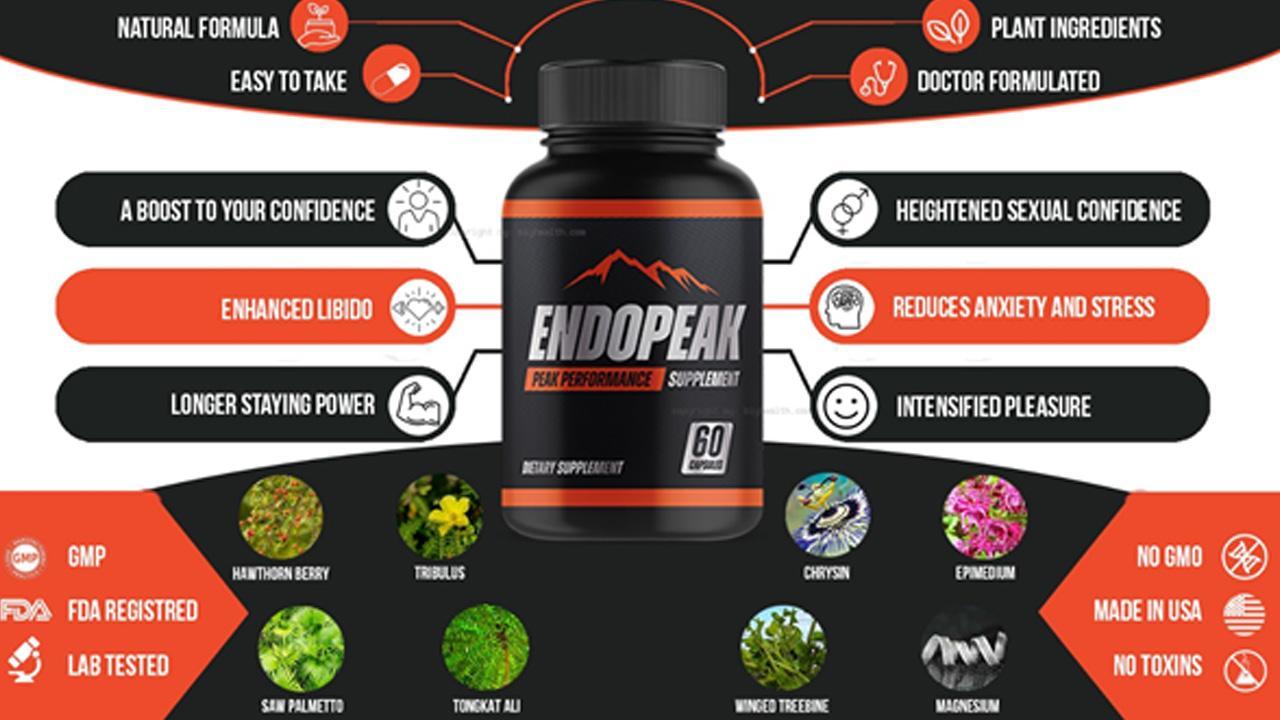Herbal Remedies for Mood Elevation: A Comprehensive Guide to Natural Enhancers
$49.00
Unlock Your Inner Serenity: Discover the Power of Herbal Supplements to Elevate Your Mood and Well-being
Herbal Supplements for Mood Enhancement: A Comprehensive Guide
Introduction
Mood disorders have become increasingly prevalent in today’s fast-paced society. While conventional treatments often involve prescription medications, many individuals are turning to herbal supplements as natural alternatives for mood enhancement. These supplements offer a wide range of benefits, from reducing anxiety and depression to improving cognitive function and sleep quality.
Mechanisms of Action
Herbal supplements work through various mechanisms to enhance mood:
- Neurotransmitter modulation: Some herbs influence the levels or activity of neurotransmitters involved in mood regulation, such as serotonin, dopamine, and GABA.
- Antioxidant and anti-inflammatory effects: Oxidative stress and inflammation have been linked to mood disorders. Herbal antioxidants and anti-inflammatories can combat these factors and potentially improve mood.
- Hormonal balance: Certain herbs can support the regulation of hormones, such as estrogen and testosterone, which play a role in mood and behavior.
- Adaptogenic properties: Adaptogens are herbs that help the body adapt to stress and promote homeostasis. They can reduce anxiety and stress levels, which can improve overall mood.
Common Herbal Supplements for Mood Enhancement
Here are some of the most commonly used herbal supplements for mood enhancement:
1. Saffron
Saffron is a spice derived from the flower of the saffron crocus. It contains compounds called crocin and safranal, which have mood-boosting effects. Saffron has been shown to reduce symptoms of depression and anxiety, and improve overall mood.
2. St. John’s Wort
St. John’s wort is a flowering plant native to Europe. It is traditionally used for treating mild to moderate depression. The active ingredients in St. John’s wort are thought to inhibit the reuptake of serotonin, a neurotransmitter involved in mood regulation.
3. Rhodiola Rosea
Rhodiola rosea is an adaptogen that grows in cold climates. It has been shown to improve stress tolerance, reduce anxiety, and enhance mood. Rhodiola rosea may also improve cognitive function and reduce fatigue.
4. Ashwagandha
Ashwagandha is an Ayurvedic herb that has adaptogenic and mood-enhancing properties. It can help reduce stress and anxiety, improve sleep quality, and boost overall mood. Ashwagandha is also known for its potential to support immune function and cognitive health.
5. Lemon Balm
Lemon balm is a member of the mint family. It has calming and relaxing effects that can help reduce anxiety and improve mood. Lemon balm has also been shown to promote sleep and improve cognitive function.
Safety Considerations
While herbal supplements are generally safe for most people, it is important to note the following precautions:
- Potential interactions: Herbal supplements can interact with certain medications, so it is important to consult with a healthcare professional before taking them.
- Adverse effects: Some herbal supplements can cause side effects, such as nausea, dizziness, or skin reactions. If you experience any adverse effects, discontinue use and consult with a healthcare professional.
- Quality control: It is important to purchase herbal supplements from reputable companies that follow good manufacturing practices.
Conclusion
Herbal supplements offer a promising alternative for mood enhancement. By modulating neurotransmitters, reducing stress, and supporting hormonal balance, these supplements can help improve mood, reduce anxiety and depression, and enhance overall well-being. However, it is crucial to use herbal supplements cautiously, with guidance from a healthcare professional, to ensure safety and effectiveness.




